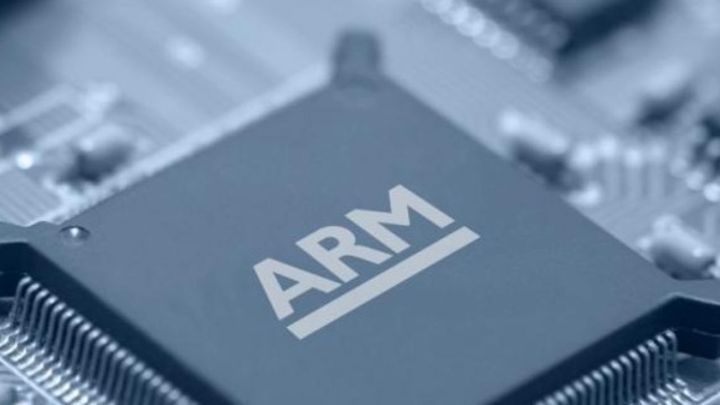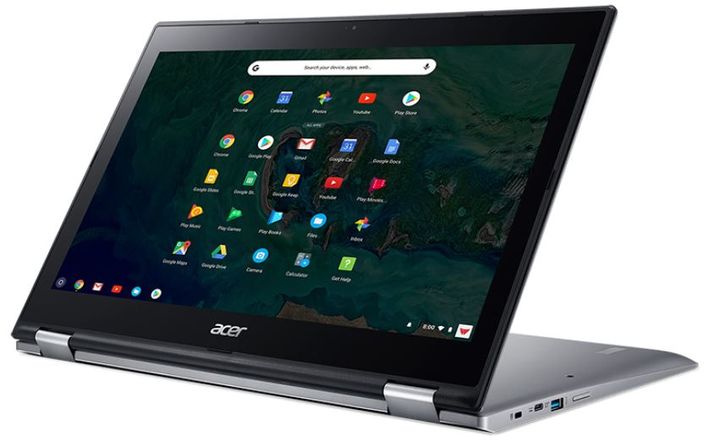Google Wants Its Own CPU for Smartphones and Laptops
Journalists of Axios have found information suggesting that Google is working on its own CPU for mobile devices. The unit is to be called Whitechapel and next year it will be available in Pixel smartphones. Later on, the CPU will also be used in Chromebooks.

IN A NUTSHELL:
- Google is reportedly working on its own CPU for mobile devices;
- The unit is to be called Whitechapel and use technology supporting AI algorithms (including Google Assistant);
- According to the reports, the new CPUs are expected to be delivered to smartphones next year, and later also to power Chromebooks.
Axios reports that Google is working on its own processor for mobile devices. The chip is reportedly called Whitechapel and is being developed in cooperation with Samsung, using the advanced 5 nm manufacturing process developed by the Korean company.
According to the journalists of the website, the first prototypes of the device were completed in the last weeks, but the final versions - which could become the heart of a smartphone - are expected only next year. Initially, the computing unit is to be used in the Pixel series of smartphones, but later on it will also be used in Chromebooks.
In addition to the ARM processor, the Whitechapel chip is to be equipped with specialized technology to enhance the capabilities of Google's AI algorithms. The chip is also supposed to somehow improve Google Assistant's "always on" function (the reports do not specify in what way).

It's worth noting that the company is already creating its own technology used in its phones - e.g. chips responsible for security or so-called coprocessors (e.g. Pixel Neural Core). However, so far Pixel smartphones have used the CPU created by Qualcomm. The appearance of a full-fledged processor from Google on the market would be a big event in the world of mobile devices. Having its own technology would make it easier for the giant to develop its product lines in the desired directions, and consequently strengthen its position in the competition with Apple (the company from Cupertino has been betting on its own computing units for years).
It should be stressed, however, that for the time being the above information is only unconfirmed rumors and should be treated as such.
- Baldur's Gate 3 publisher explains confusion with Divinity: Original Sin 3. We know what Larian is definitely not working on
- PS Plus: Two more bonus games for December 2025 have been announced. One of them is Assassin's Creed: Mirage
- The Witcher 3 gets a new DLC after 10 years? „Biggest source” confirms
0
Latest News
- End of remote work and 60 hours a week. Demo of Naughty Dog's new game was born amid a crunch atmosphere
- She's the new Lara Croft, but she still lives in fear. Trauma after Perfect Dark changed the actress' approach to the industry
- „A lot has become lost in translation.” Swen Vincke suggests that the scandal surrounding Divinity is a big misunderstanding
- Stuck in development limbo for years, ARK 2 is now planned for 2028
- Few people know about it, but it's an RPG mixing Dark Souls and NieR that has received excellent reviews on Steam, and its first DLC will be released soon

